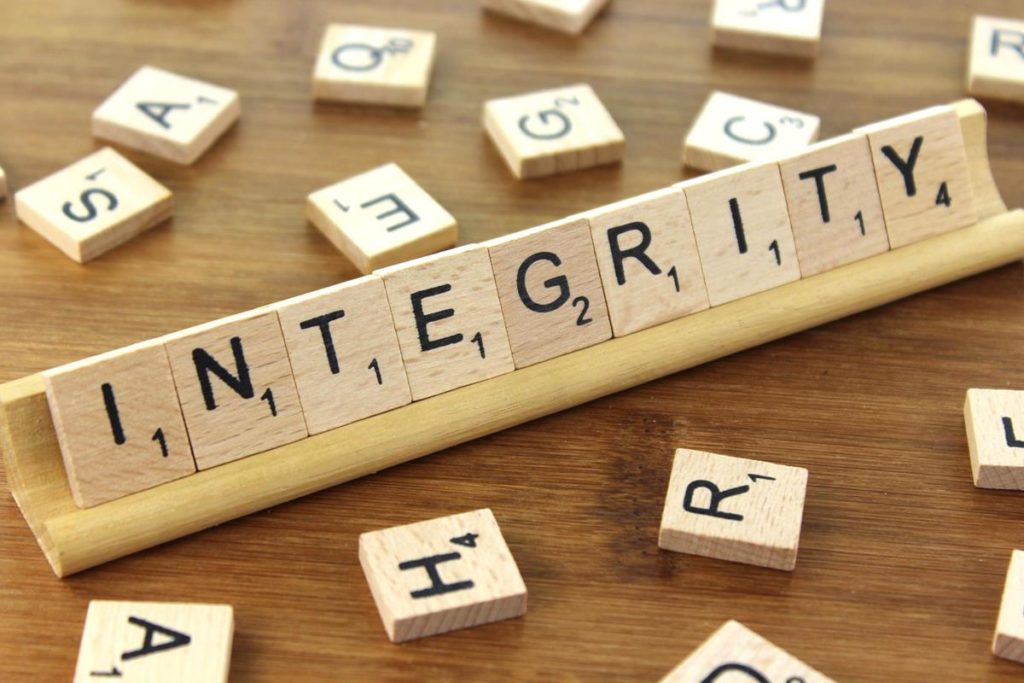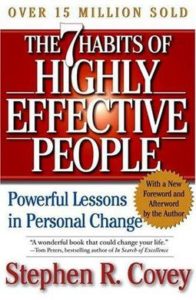Scotland’s and Russia’s Opposing Gender Identity Laws
In recent weeks, two seemingly complete opposite laws have been passed in two very different countries – each believe they are right and the other is wrong…
Could both new gender laws be right?
The Scottish Parliament, in a move that sent shockwaves through the land, has decreed it a crime to refer to a man as a man if he identified as a woman. This law, born from a desire to protect and respect the chosen identities of individuals, ignited fierce debates in both Scotland and around the globe.
Halfway across the world, in the vast expanse of Russia, a contrasting edict has been passed. The Russian government, has declared anything related to the LGBT community illegal. This law, rooted in traditional values and a desire to preserve what they perceived as the natural order, had cast a shadow over the rainbow-hued dreams of many.
Two totally contradictory gender laws
Two nations, two laws, two seemingly opposing perspectives – yet both claimed to be correct in their own right. The Scottish law, considered by many a beacon of progressive thought, suggests it seeks to honour the inner truth of each individual. It recognizes that gender identity is not merely a physical construct but a deeply personal and spiritual journey.
The ancient Greek philosophers, in their infinite wisdom, have grappled with the nature of identity and the self. Plato’s allegory of the cave suggests that our perceived reality is but a shadow of a higher truth. Could it be that gender, too, is a mere shadow, a projection of a deeper, more authentic self?
Quantum physics, with its mind-bending theories of entanglement and superposition, hints at the fluidity and malleability of reality. If particles can exist in multiple states simultaneously, why can’t a person embody both masculine and feminine energies?
Yet, the Russian law, a bastion of traditional values, argues that the natural order must be preserved.
They see the LGBT community as a threat to the very fabric of society, a deviation from the time-honoured roles of men and women. It looks to wisdom, passed down through the ages, and speaks of the sacred balance between masculine and feminine, a balance that must be maintained for harmony – and the physical continuation of the human species – to prevail.
Let’s make this fictional
So, just like people did in times gone by, let’s create a fictional story to see if we can shine some light on additional perspectives – because if the Scots believe they are right, and the Russians believe they are right – and they are diametrically opposed – is there a way that the viewpoints of all parties can be honoured?
First, we have Angus McTavish, a true Scottish lad through and through. He’s the kind of guy you’d expect to see chopping wood and downing pints at the local pub.
But Angus has always known that deep down, he’s not quite like other men. It’s like there’s this little voice inside him, whispering that maybe, just maybe, he’s meant to be something else – some ONE else – entirely.
So, when Scotland passes this law that says you can’t call a man a man if he identifies as a woman, Angus sees it as his chance to finally be true to himself. He takes the leap and becomes Aila, legally leaving behind the name Angus and everything that comes with it.
Now, let’s hop over to Moscow and meet Nikolai Volkov. He’s a family man, deeply rooted in tradition and the belief that men and women have their own roles to play in society.
For Nikolai, the idea of blurring those lines is like a threat to everything he holds dear – and with Russia’s new law against anything LGBT, Nikolai feels more convinced than ever that he’s on the right side of history.
But then, as fate would have it (and this story, to do its job, demands it), Aila and Nikolai cross paths at this global conference on gender rights. It’s like watching two worlds collide, with each of them passionately defending their own beliefs. They go back and forth, trading arguments.
As they dive deeper into their debate, something unexpected happens—they start to see that maybe, just maybe, there’s some truth to what the other is saying.
Although Aila makes a case for living authentically and having the freedom to be who you truly are, Aila begins to appreciate Nikolai’s views on the importance of preserving tradition and maintaining a stable society – and Nikolai starts to acknowledge there are times when he would like the freedom to more authentically express himself – not in a gender-related fashion, but in other ways, and so begins to see Aila’s arguments as having some validity.
But, neither is prepared to say the other is ‘right’.
They both have valid points, and it becomes clear that there’s no easy answer to the whole gender identity subject. It’s like trying to solve a Rubik’s cube blindfolded—you twist and turn, but the solution always seems just out of reach.
In the end, Aila and Nikolai agree to disagree; but as they go their separate ways, Aila and Nikolai can’t help but feel as though they’ve been changed by their encounter. It’s like they’ve discovered a secret truth that the world isn’t just as black and white, right or wrong as they once considered.
So, I leave you with these questions:
Imagine you are faced with a belief that challenges your own convictions.
Do you have the courage to listen with an open mind, to engage in honest dialogue, and to recognize the validity of different perspectives?
Are you willing to find a middle ground, to understand that the complexities of life cannot always be reduced to a single truth?
My viewpoint on the new gender laws?
What I find sadly missing in society today even more so than tolerance in differing perspectives is the simply art of open and honest discussion.
We have become so politically correct that it is no longer permissible to even debate such subjects – BUT without debate and discussion, nether Aila or Nikolai could ever see there is even another way to think about the subject.
Without open and honest discussion, it is impossible to progress where everyone feels ‘heard’.
Without open and honest discussion, each side will continue to see themselves as ‘right’ and the other as ‘wrong’.
In the end, whether we believe more in one perspective or the other, at this point in our human history and evolution I can see only one way forward: regardless of our personal belief, it is our willingness to embrace the diversity of ideas and to find unity in our shared humanity – progressive AND traditional.
~ Bella
(who, yes, very happily calls herself ‘Ms’ and is very happy to be a woman in every sense – and who is also happy to discuss this and any other subject because she feels no one viewpoint is ever totally ‘right’ nor totally ‘wrong’)




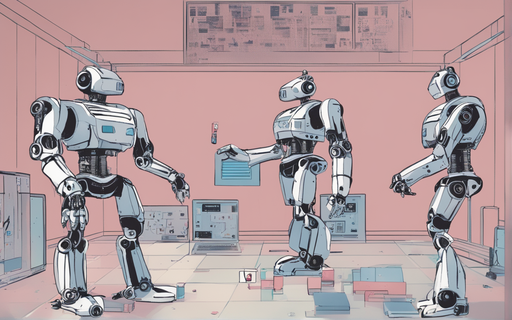










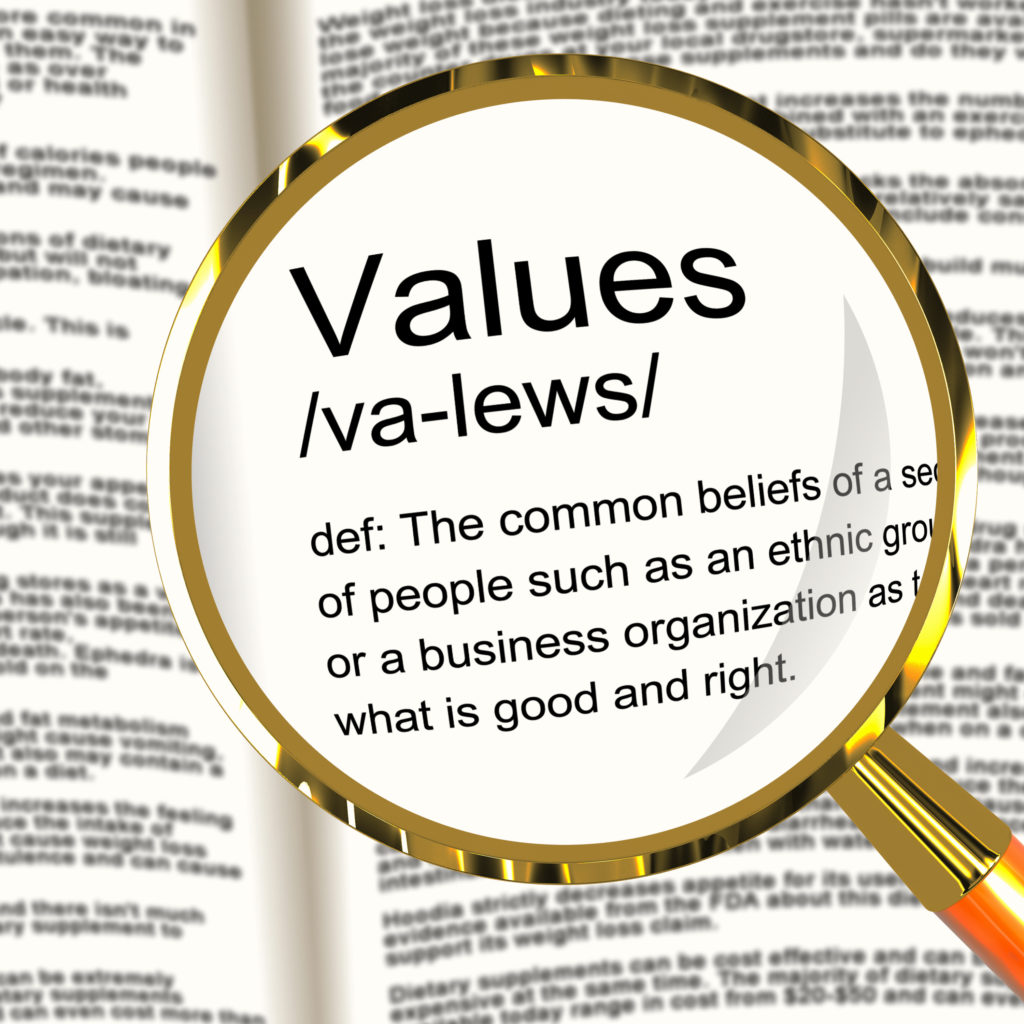
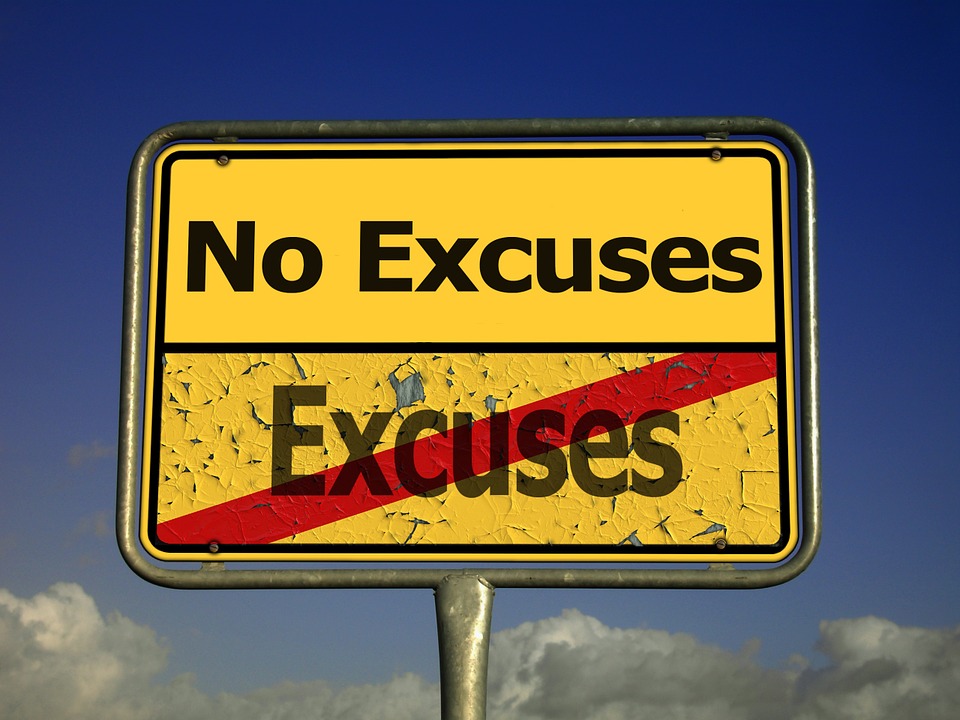
 Broken Windows Theory
Broken Windows Theory